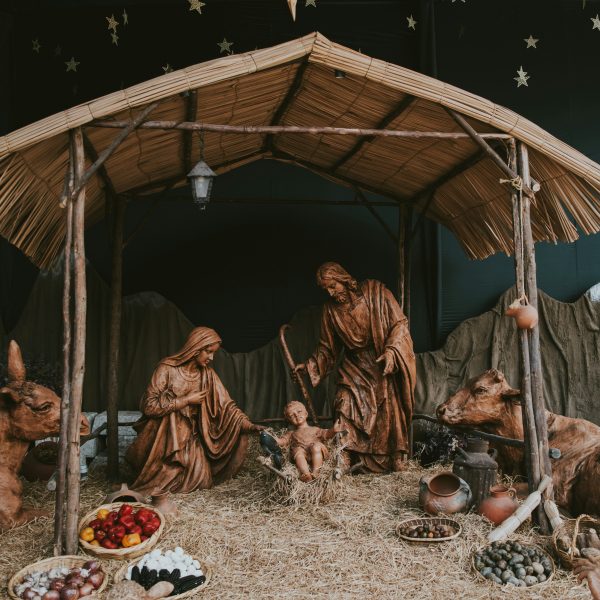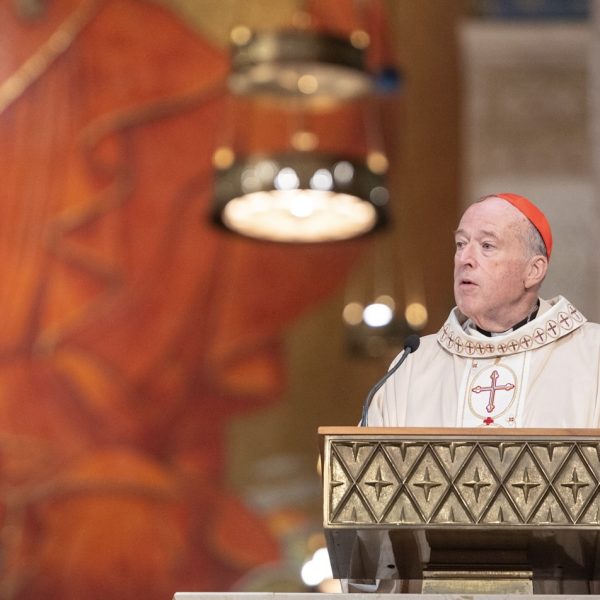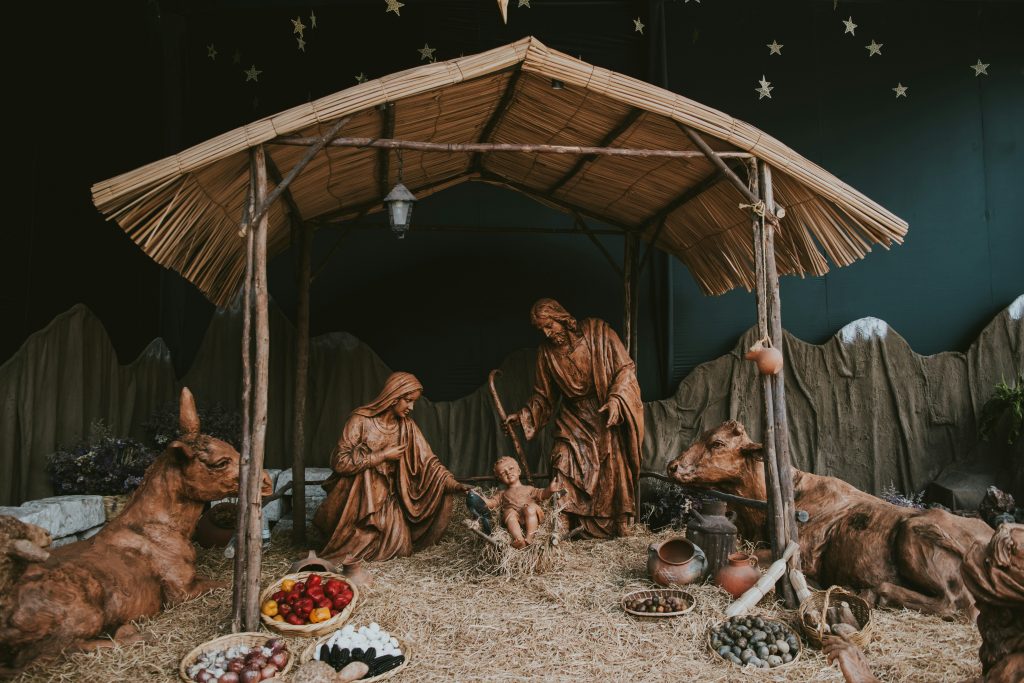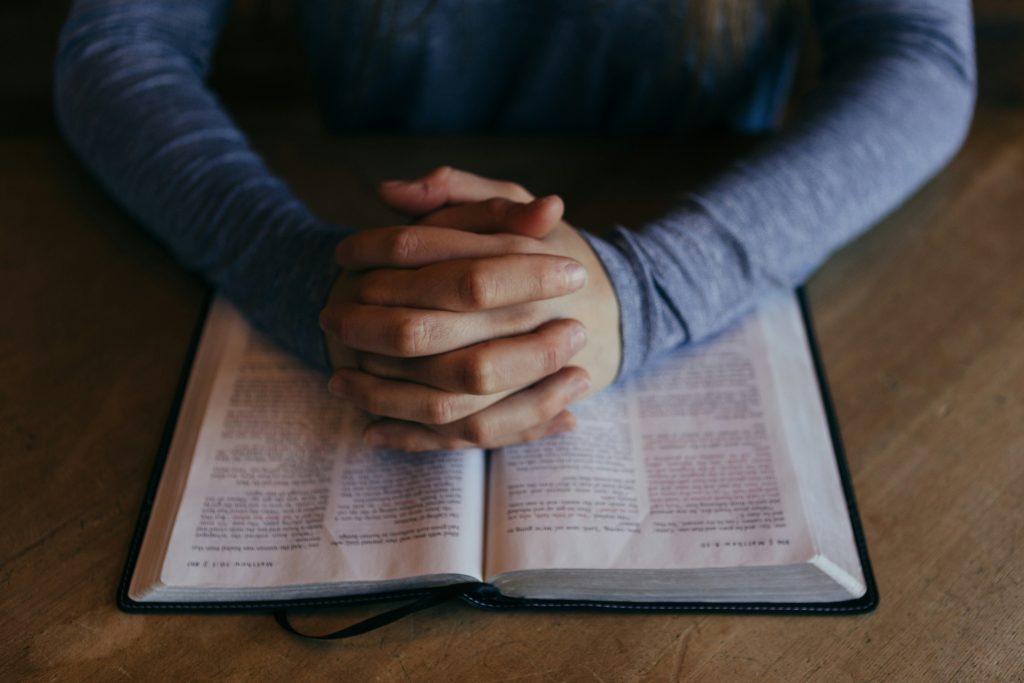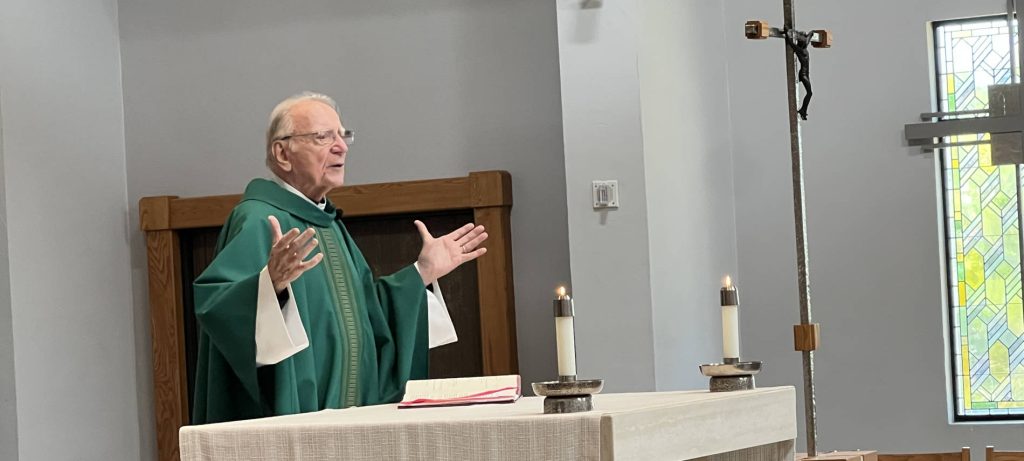We carry them inside of us, we feel and suffer their struggles, we recognize their effects on our body and emotions. When they appear unexpectedly at your door, welcome them and show them in, like the poet Rumi says in his poem, “The Guest House.” Treat them with consideration and affection because they bear messages and invitations to explore and look within the mysteries of our lives.
I opened the door for them today and welcomed them; they were both there: Pessimism, with its gentle rain, and Hope, with its discreet sun.
They did not see me like an enemy, rather like an old traveling companion.
I sat between them. Pessimism reminded me of my limits, so I don’t get lost in empty dreams. Hope reminded me of my possibilities, so I don’t drown in old fears
In their balance, I found a roadmap: The shadow shows where healing is needed, and the light illuminates the path to move forward.
I understand that my task is not to throw out either one of them, rather to give them a chair, listen to their message, and then follow my path, accompanied by both.
We have heard the central message of our faith so many times that our ears have ceased to be amazed: “You shall love the Lord, your God, with all your heart, with all your soul, and with all your mind. This is the greatest and the first commandment. The second is like it: You shall love your neighbor as yourself. The whole law and the prophets depend on these two commandments” (Matt 22:37-40).
What does it mean to love your neighbor like yourself? How do we love ourselves? Why does it sometimes seem easier to love God who is in heaven, than to love myself who lives on earth?
One reason to explain this challenge is the fear that’s been handed down to us of confusing love for oneself with narcissism or egocentrism. This fear has pushed us away from the possibility of having a deep, healthy experience of loving oneself. Of course, temptations and risks emerge along the way in loving oneself, under the guise of being good for us.
But there’s also a treasure hidden inside each one of us that can only be found by loving ourselves, and that love unites, embraces, forgives and accepts who we are, just the way we are. That love does not judge, nor justify; it understands and honors our falls and our wounds, seeing them as lessons, as opportunities for growth, expanding our conscience. That love, if it is genuine, is expansive; it does not shut itself off; rather, it radiates, goes out to encounter others, with compassion and acceptance, recognizing them as equals. This love recognizes that the source of all love is God.
Pessimism and Hope, thank you for accompanying us in this turbulent time in our history; thank you for reminding us of our limits and possibilities. Thank you, Pessimism, for reminding us of the wound that is healing; and you, Hope, for showing us the light of how to move forward toward healing, and ultimately, to love.
Ricardo Márquez can be reached at marquez_muskus@yahoo.com.

